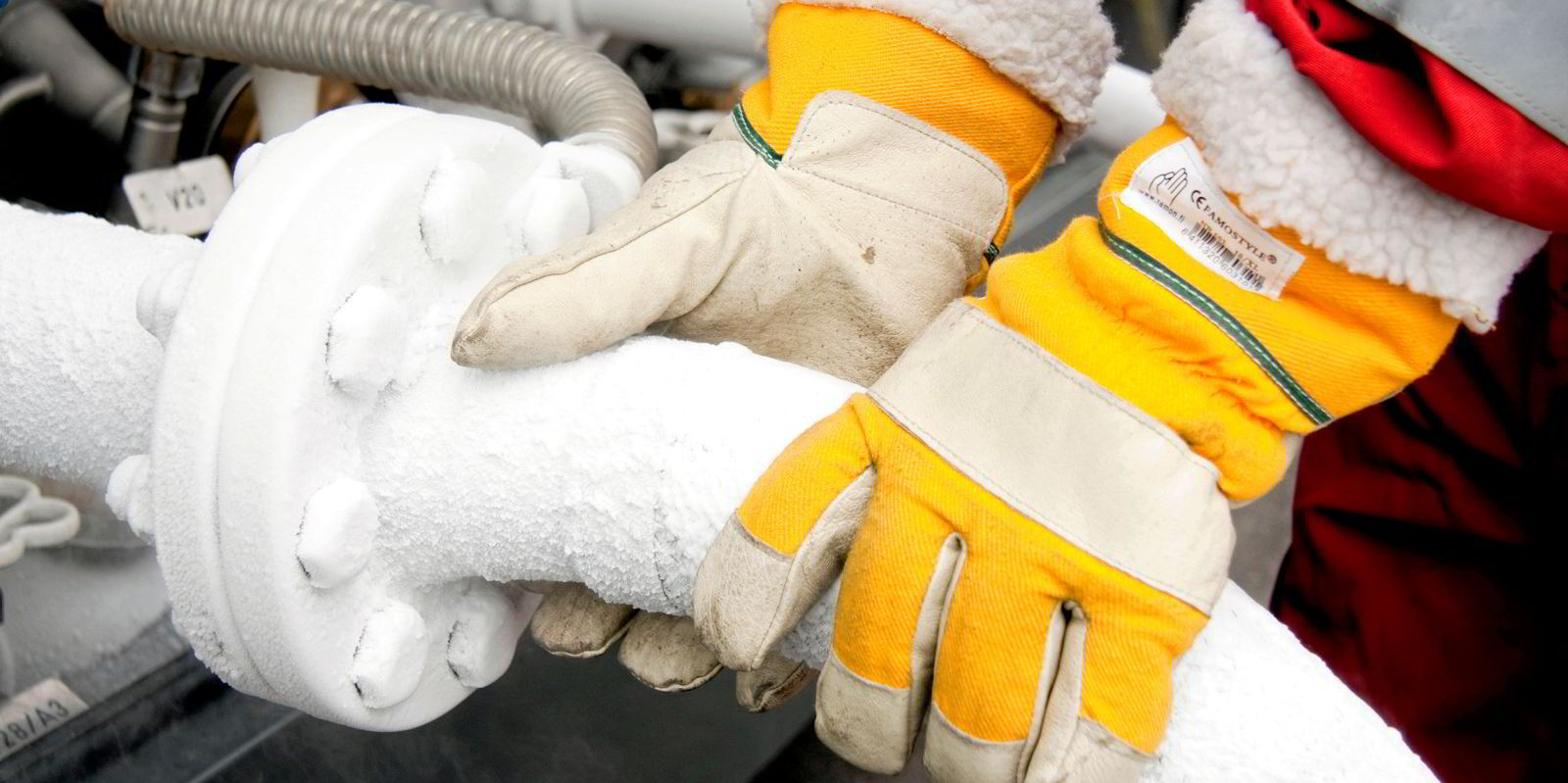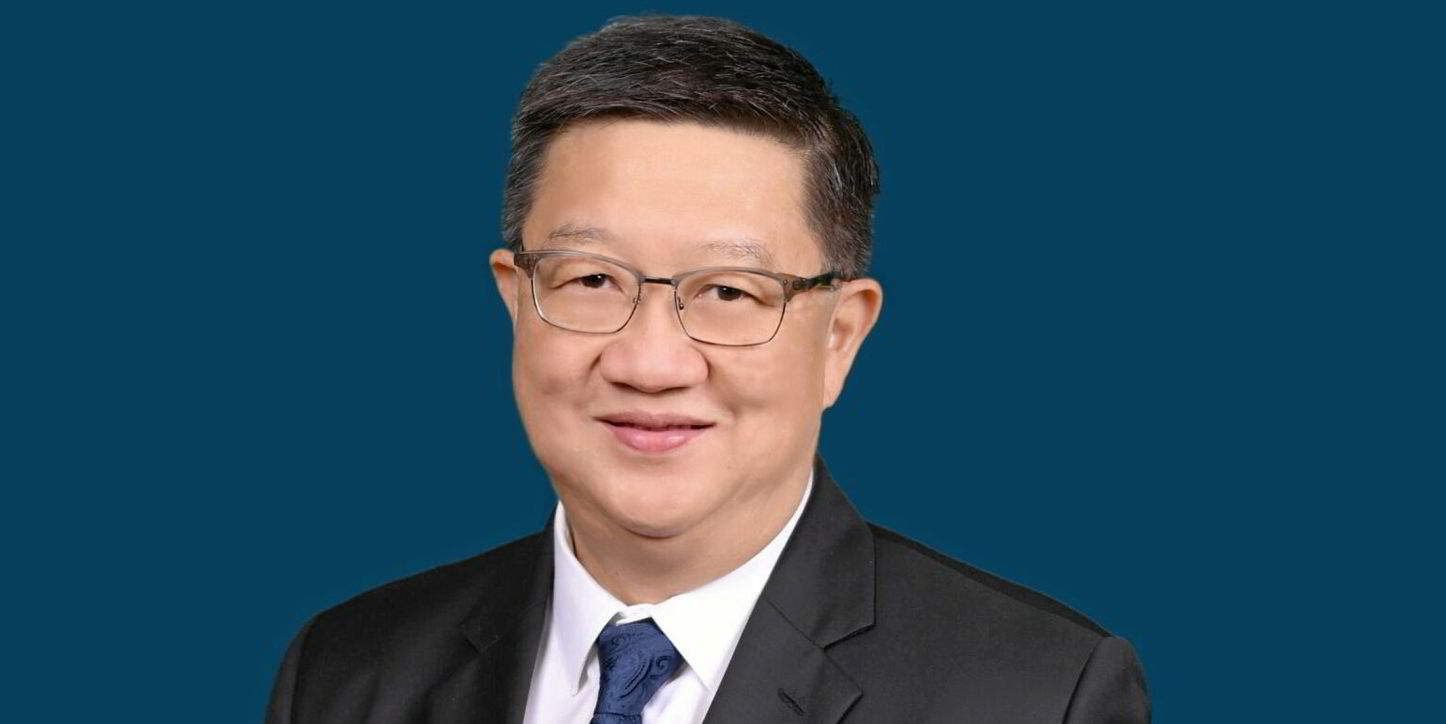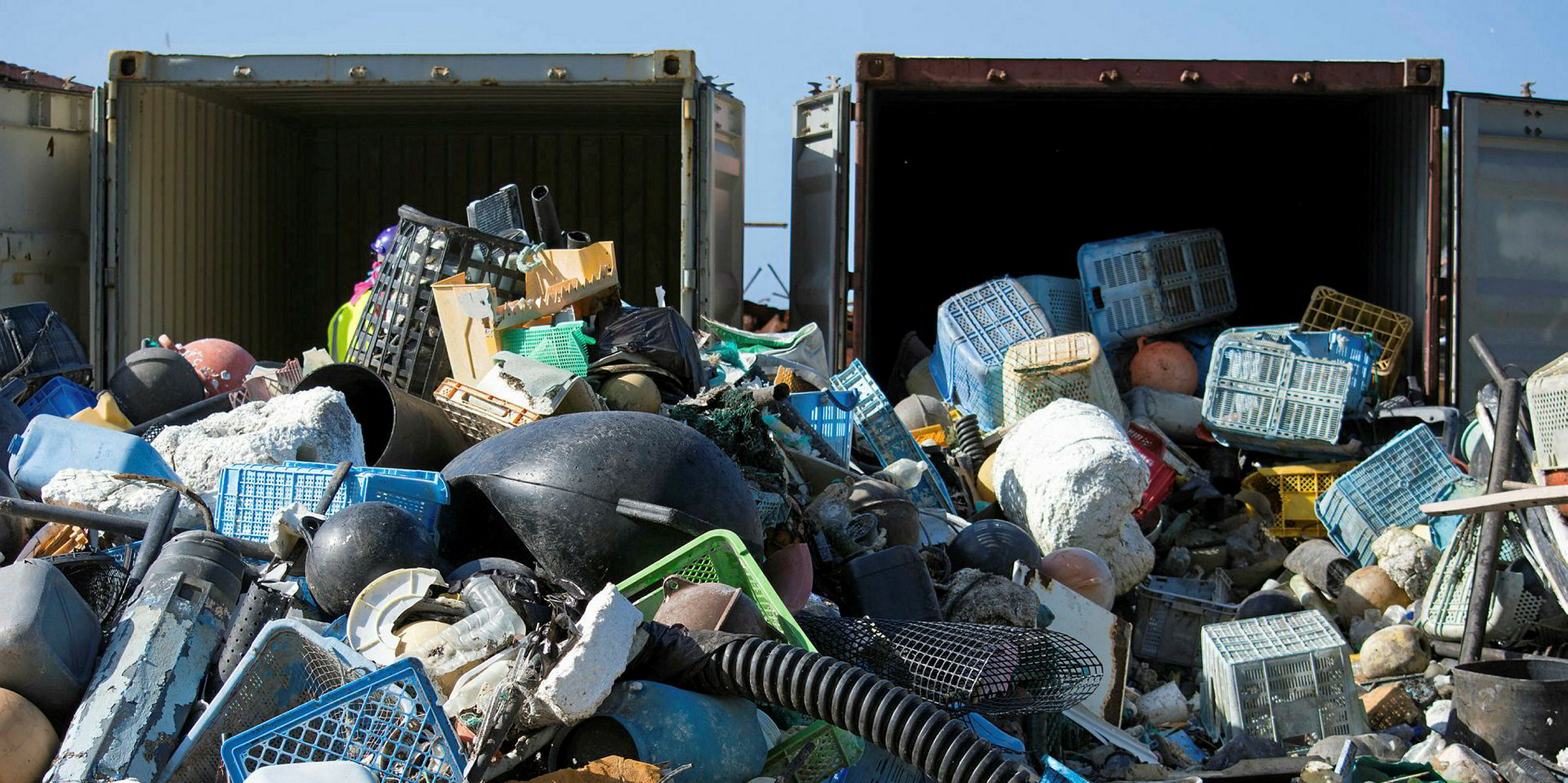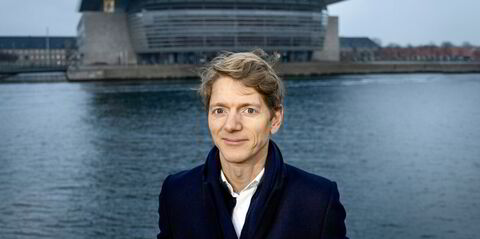Susana Germino, Swire Shipping and Swire Bulk’s chief sustainability and energy transition officer, is tasked with driving the decarbonisation journeys of both Singapore-based shipping companies.
But it is a project to regenerate coastal intertidal mangrove habitats in the South Pacific that gets her most excited during an interview ahead of TradeWinds’ Singapore Shipowners Forum, which takes place on Thursday.
Swire Shipping has partnered with Project Halophyte, a groundbreaking five-year mangrove research and rejuvenation programme that was launched in Fiji at the beginning of May.
This initiative, a collaboration between the University of New South Wales in Sydney, Australia, and Fiji’s University of the South Pacific, will see the development of innovative floating mangrove pontoons as well as the undertaking of environmental restoration of decimated mangrove areas, in partnership with local communities along the coast of Fiji’s main island, Viti Levu.
Germino attended the project’s launch in Fiji representing Swire while also expressing her profound personal investment in the initiative.
Mangrove forests are critical coastal ecosystems, serving as nature-based solutions in the fight against climate change.
Their significance extends beyond protecting land from erosion, as they store significantly more carbon than typical trees while promoting a rich tapestry of biodiversity, making such projects all the more important in the South Pacific.
“I’ve known about mangroves because I’m a very keen diver,” she said. “When you have healthy mangroves, they serve as a nursery to fisheries.
“All the small fish, all the big fish, they all hide there, so they can breed. You end up having a much larger biodiversity. When I talk about fish, I’m also talking about sharks because I’m crazy about sharks. Most sharks grow in mangroves.
“Mangroves also play the part of protecting lands against erosion and extreme weather. And last but not least, the roots of the mangroves store between seven to 10 times more carbon than a normal tree. As carbon sinks, they are much more effective than anything else in nature, apart from the ocean.”
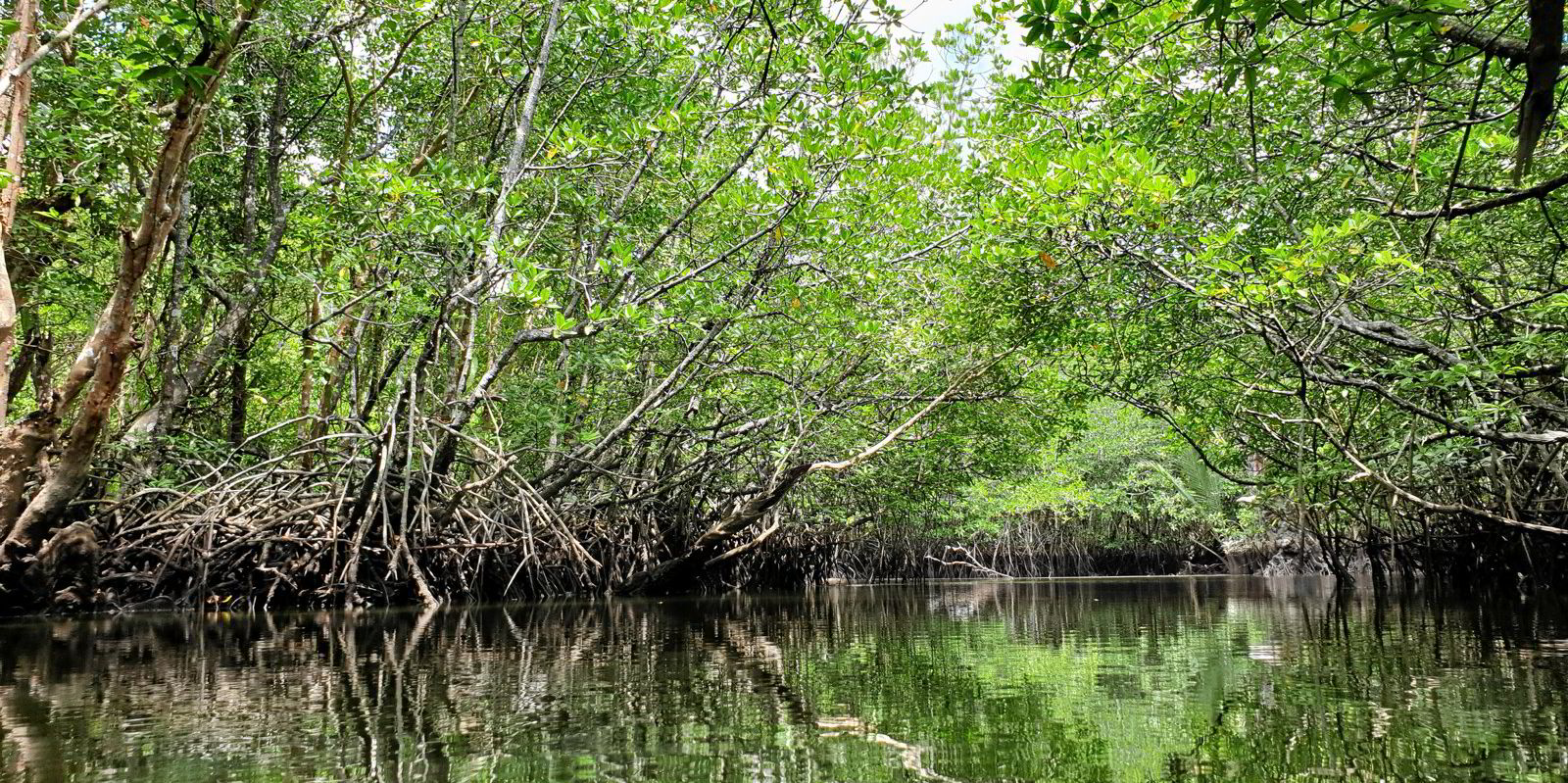
Despite being what Germino calls “nature’s miracle”, mangrove habitats across Asia and the Pacific regions have been devastated by human development and the demand for firewood.
Project Halophyte intends to reverse this trend by providing a viable model that can be deployed across the South Pacific, Swire’s traditional playground.
There are three parts to the project. The first is the restoration of damaged or destroyed mangrove forests. The second is the establishment of new forests on floating pontoons moored offshore.
“The third part is the human engineering side that is quantifying the benefits to the community out of doing this project,” said Germino, who is a qualified naval engineer.
Pillars of corporate philanthropy
Germino describes Swire’s involvement in Project Halophyte as a “multimillion, multi-year, multi-benefit commitment”. And, being part of the steering committee, the company will play an active role.
“This has nothing to do with our decarbonisation efforts. It really is focused on our corporate philanthropy and the four pillars that we think are really important — biodiversity and environment, education, gender empowerment and supporting communities,” she said.
Germino said that this project immediately ticked three of those boxes.
“When the universities approached us about this project, we thought it was really interesting because we can see the scalability, we can see that restoring the areas will have a positive impact on the communities and environment,” she added.
“Because the project is a research project — there will be at least eight PhD research scholarships under the project — that’s part of the education. It is really good to know that we are increasing capacity in the education sites to the universities in both countries.
“The gender empowerment was the one that was missing there, but actually we are getting there too,” she said.
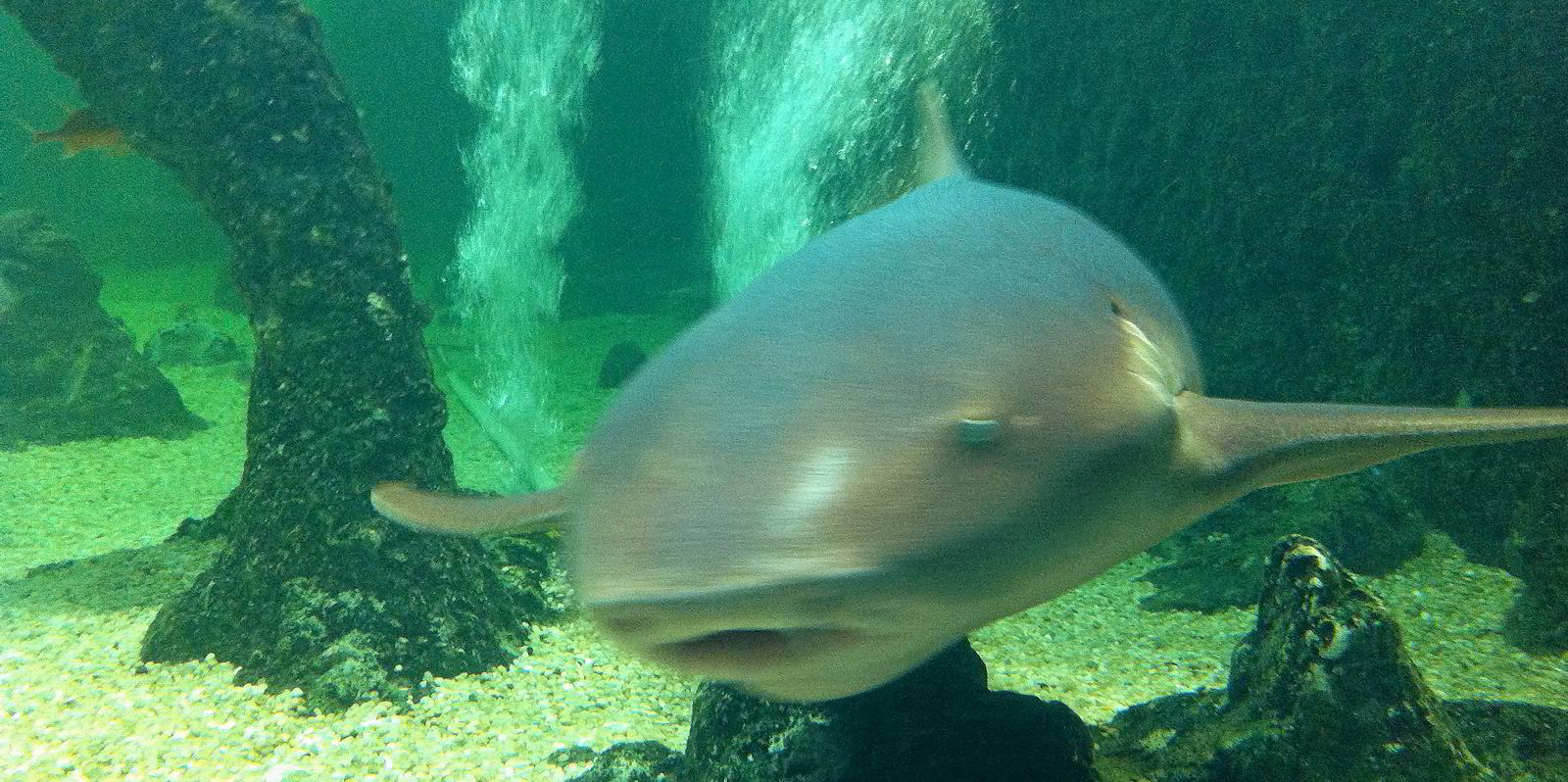
“I am so excited about it. I just came back from Fiji, where we were launching the project. We have big support from the Fijian government, which is really important for the success of this project.”
Project Halophyte is the latest of several South Pacific sustainability projects that Swire has been involved in.
In 2018, the company teamed up with the Secretariat of the Pacific Regional Environment Programme (SPREP) to find a solution to the region’s growing plastic waste problem.
This led to the launch in 2020 of the Moana Taka Partnership to ship plastic waste from the islands to competent and sustainable recyclers in the Asia-Pacific region. Swire described this at the time as creating value from what would otherwise be abandoned and left to pollute the environment.
Under the agreement with SPREP, Swire provides the containers and the freight free of charge.
The Moana Taka Partnership is “growing year on year”, said Germino.
“We also started teaching about recycling in schools.”
Another project to spearhead the building of a fleet of sail-powered inter-island trading vessels was unfortunately called off as it was determined to be economically unsustainable.
Engineering background
Given her naval engineering background and passion for sustainability, Germino, who is from Portugal, said she relishes her current role at both Swire companies, which she assumed following the retirement of the previous general manager of sustainable development, Simon Bennett.
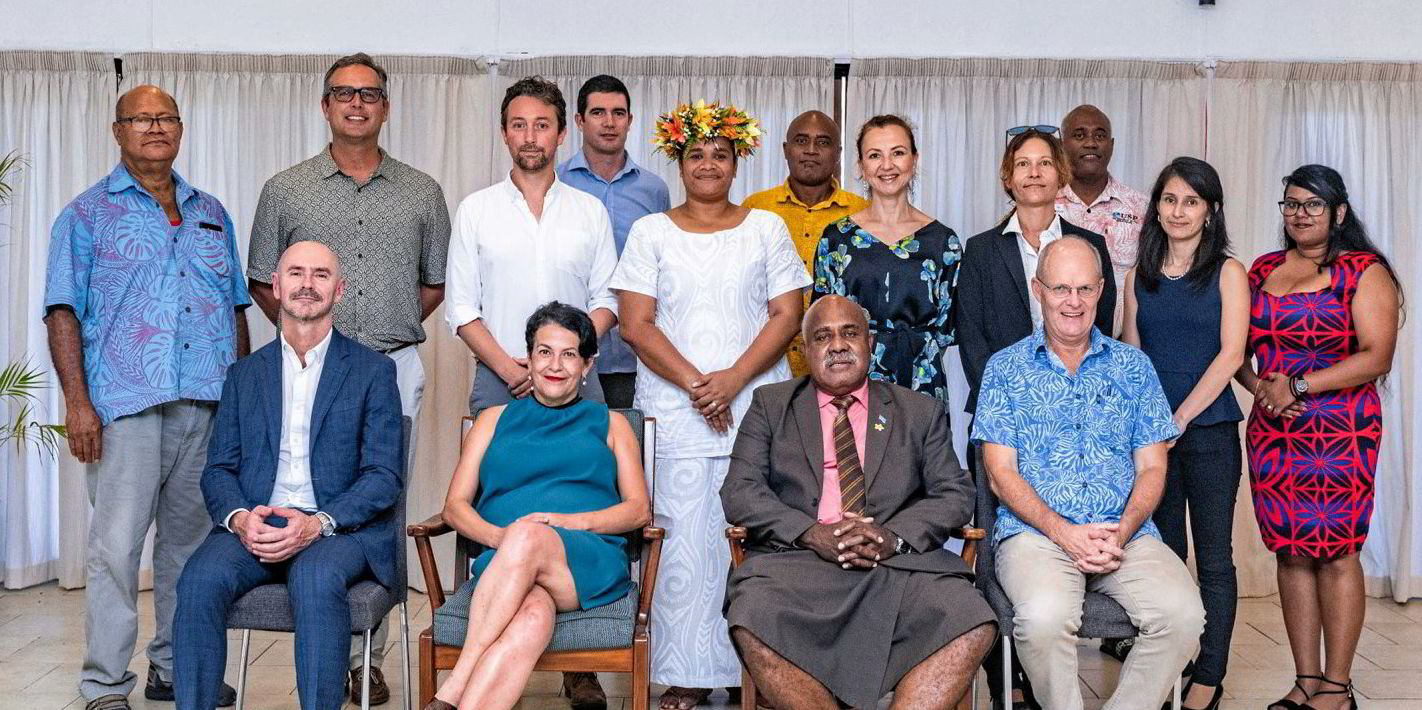
Immediately before that, Germino had been general manager of sustainability and decarbonisation of both Swire companies, as well as serving as a research and design advisory board member at the Maersk Mc-Kinney Moller Center for Zero Carbon Shipping, a role she still holds.
Germino joined the Swire group, then known as The China Navigation Co, in September 2012, initially heading up the group’s shipping subsidiaries in Papua New Guinea and Indonesia, as well as a three-year stint as general manager at Swire Bulk Logistics.
Previous roles prior to joining the company include commercial director at Bangkok-based Thoresen Thai Agencies, senior management roles in Hamburg and Glasgow with ASP Ship Management and six years in multiple locations as a surveyor with Lloyd’s Register.


